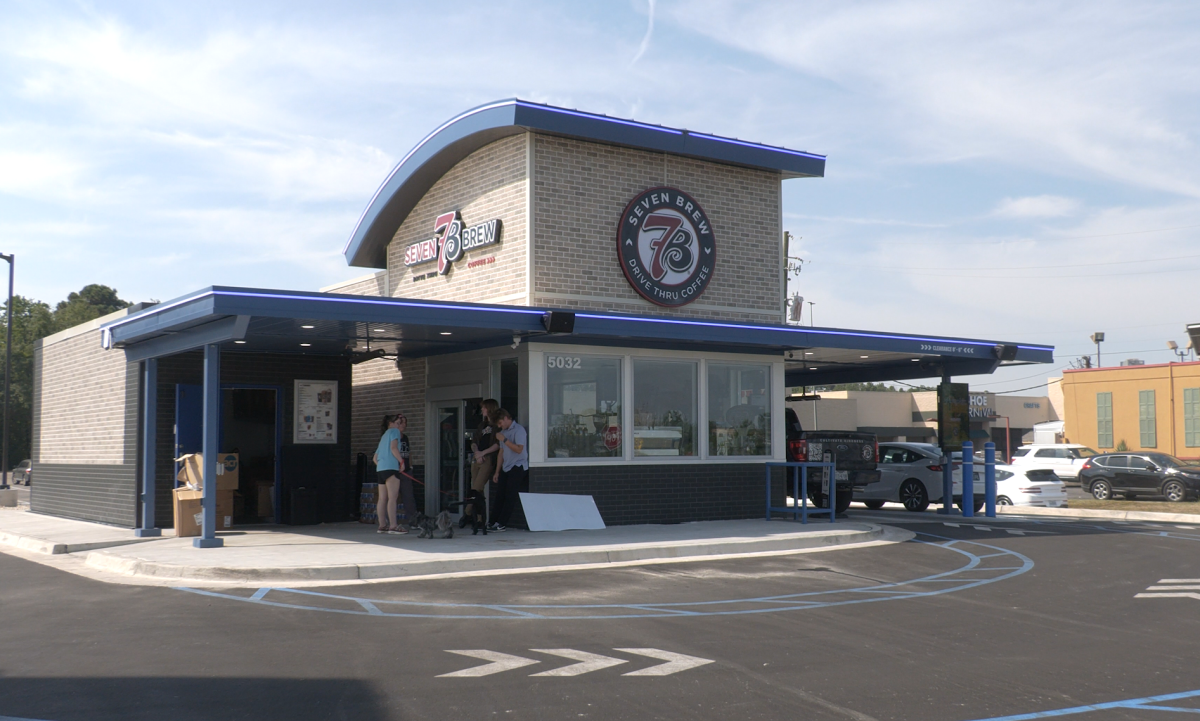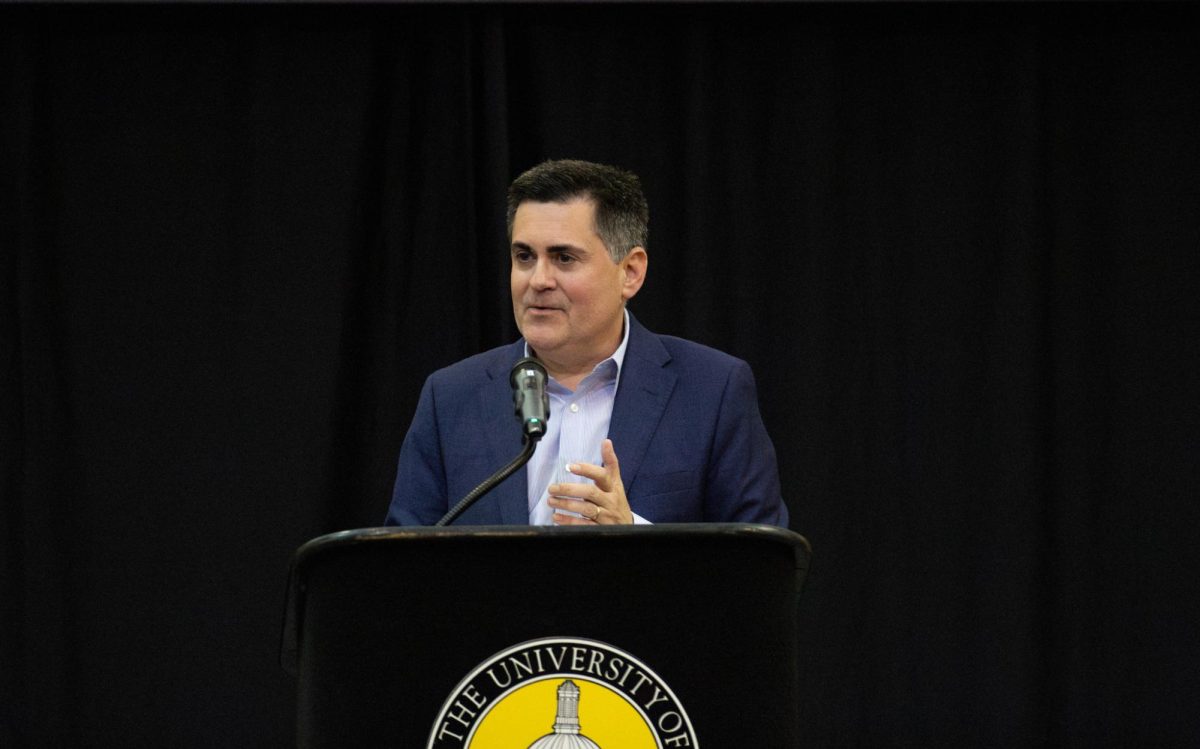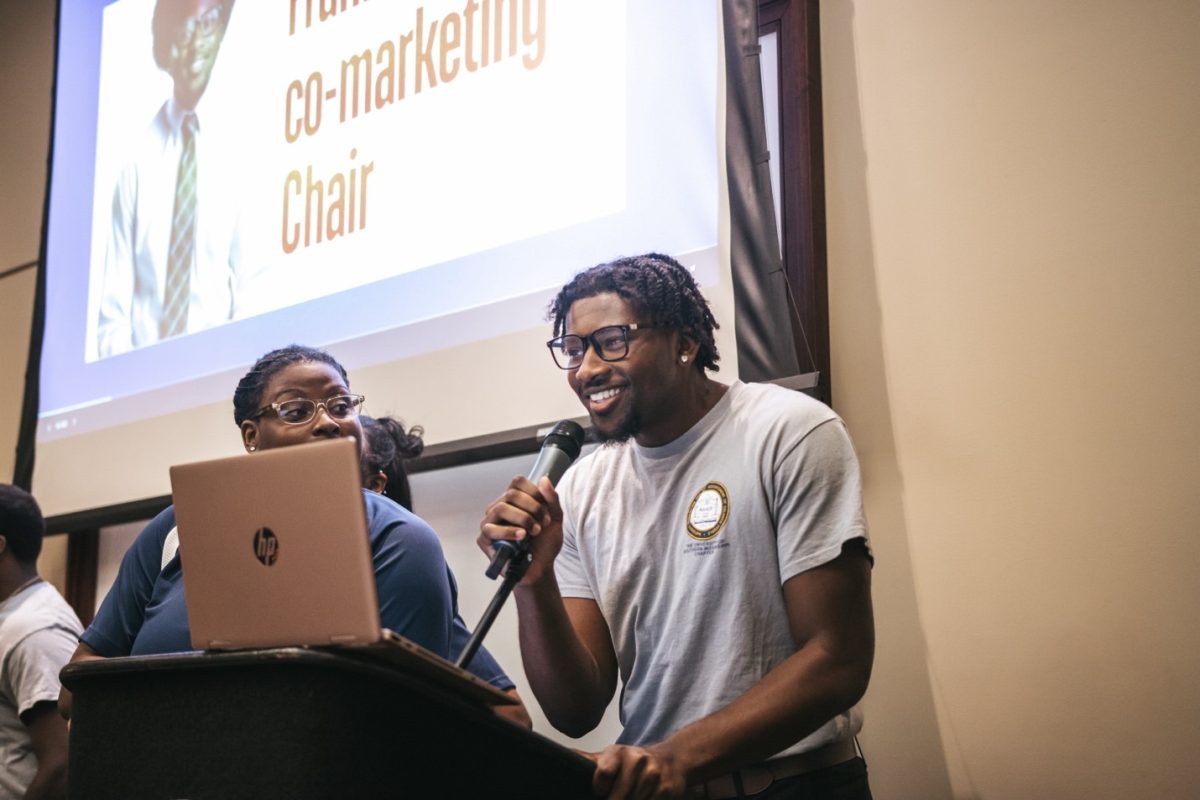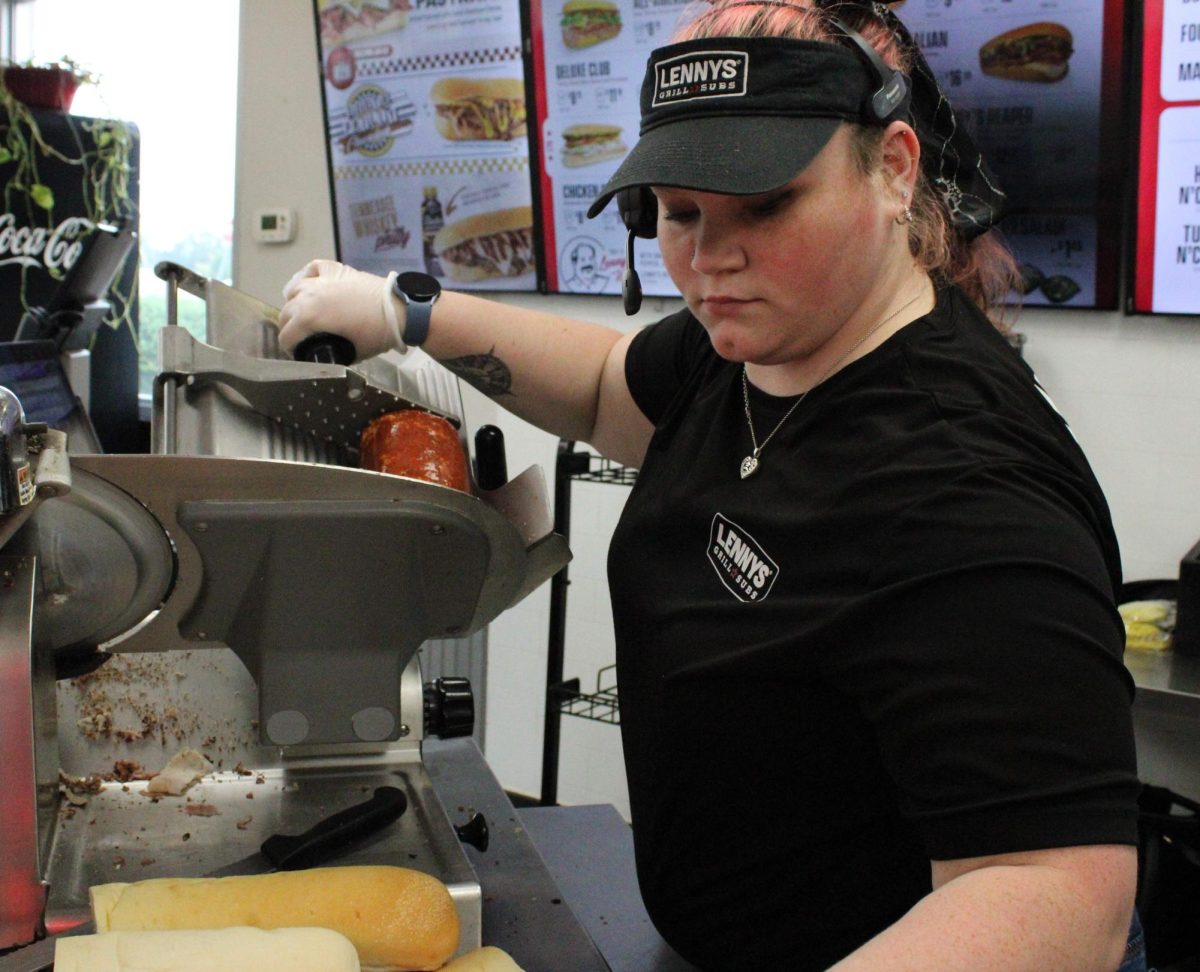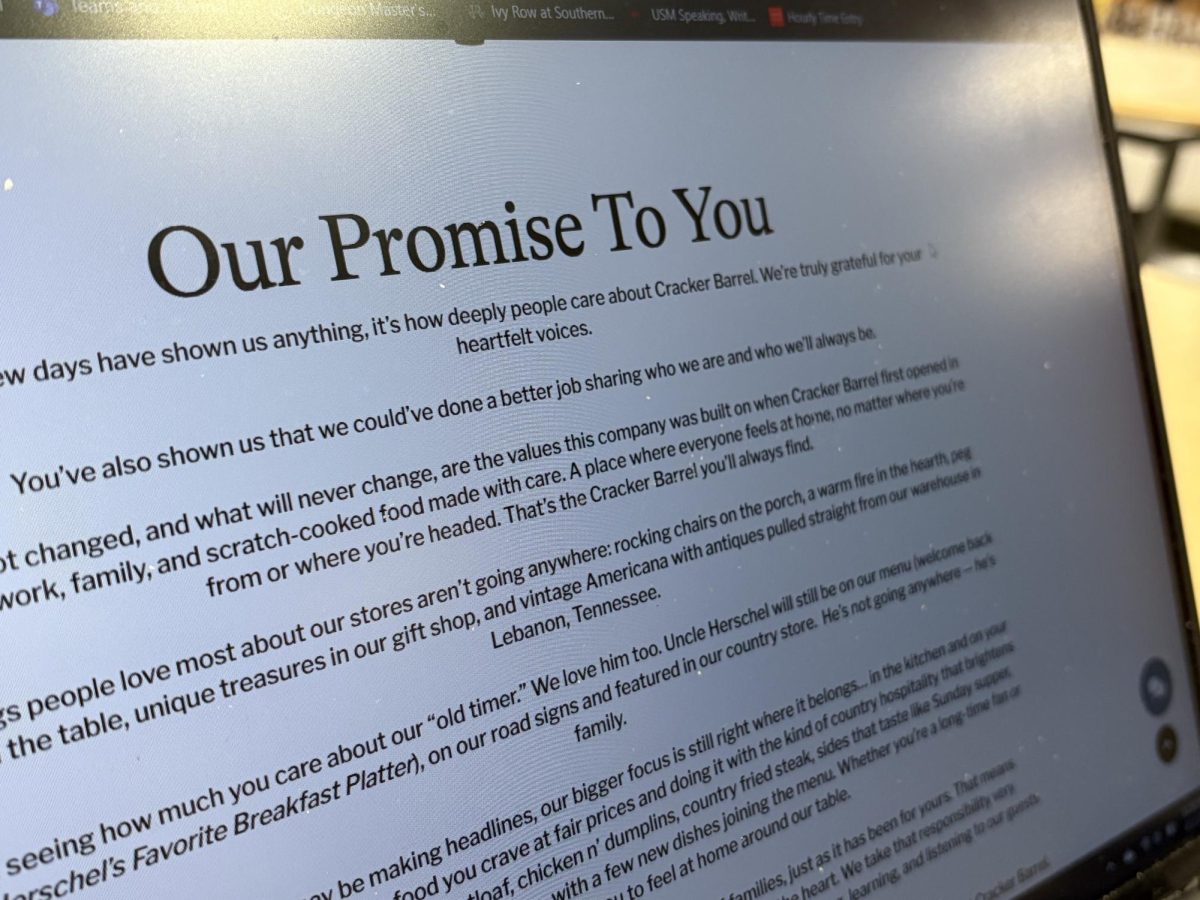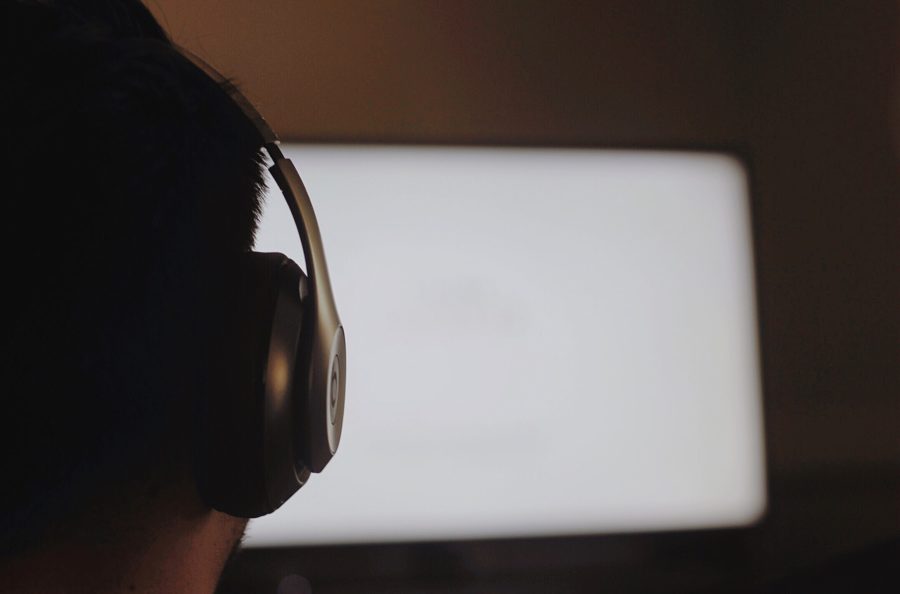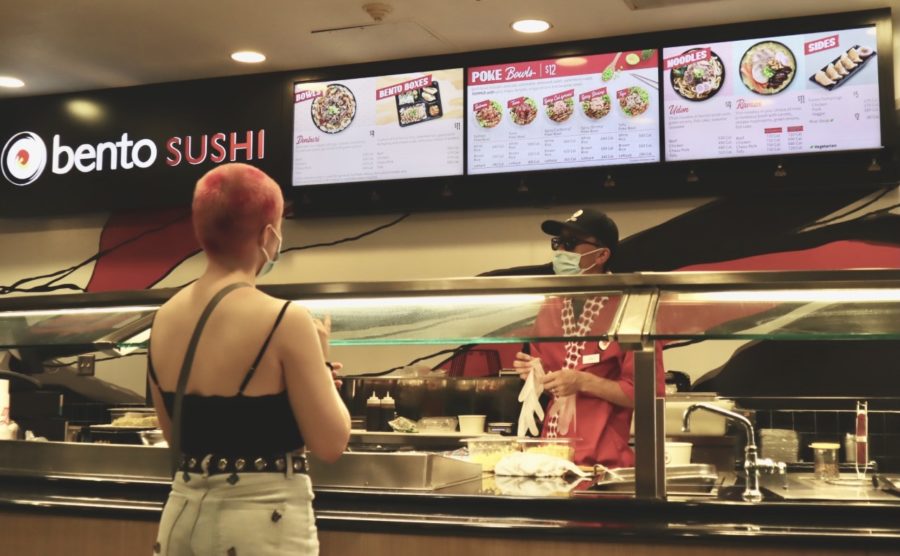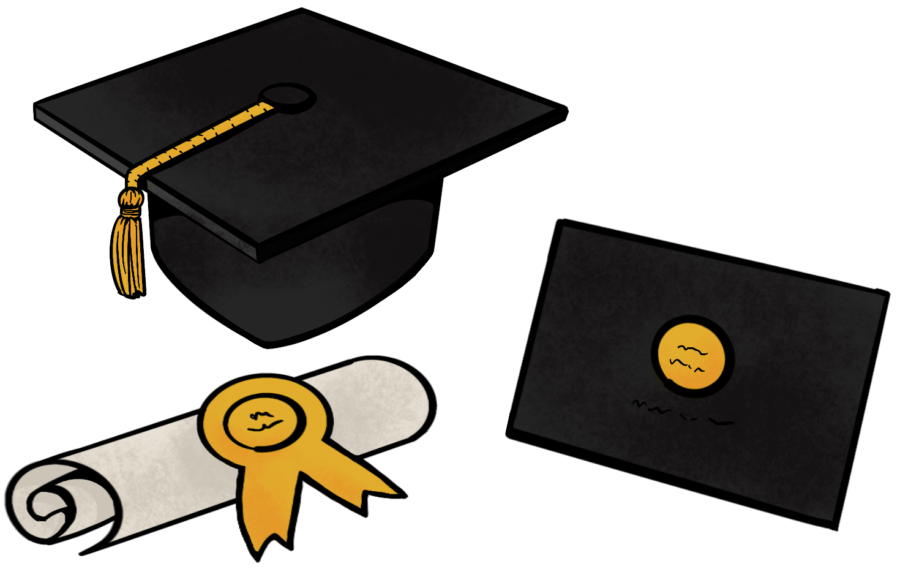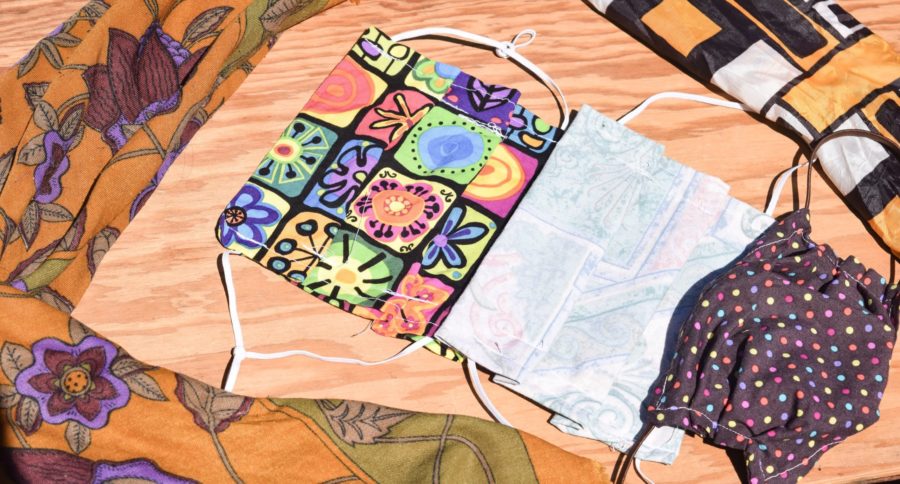Eighteen percent of podcast listeners are between the ages of 18 to 24, according to studies published by media research companies Nielsen and Edison.
Over the past decade, podcasts have exploded in popularity. As of 2019, there are 700 thousand active podcasts with 29 million podcast episodes released during this time.
The most popular podcast genres include society and culture, business, comedy, news and politics and health. According to Apple, popular podcasts include “Man in the Window,” “The Shrink Next Door” and “The Joe Rogan Experience.”
“When podcasts started popping up, it was just a bunch of regular Joes using a new format to express their love of something like genre films,” Arizona resident Aaron Lipscomb said via e-mail. “They certainly weren’t what they are now, but it was still exciting for anybody that wanted to have a voice on something.”
Lipscomb is the creator of “Revival House,” a podcasting channel that encompasses several shows such as “Behind the Mask Commentary,” “Cinema Enema” and “Mac and Zach Save the World.” Lipscomb noted the podcasting industry is a lot more commercialized now than when he started the channel back in the early 2010’s.
“Celebrities like Chris Jericho or Ice-T will have all the corporate backing and have advertisers and money coming in from day one and they do tend to consume a large part of the listener base even if they can be great,” Lipscomb added.
Research by Nielsen and Edison reveals most people listen to podcasts while at home or on the road. For college students like senior kinesiology major Benjamin Ficken, the best part about podcasts is their convenience.
“They’re great to listen to in the background, and a lot of them are very informal,” Ficken said.
Ficken started his own podcast at the beginning of 2019 called “The Lowkey Podcast,” where he and his friends discussed pop culture and sports as well as life stories. The podcast was cancelled later because of their struggle to come up with topics.
Lipscomb said the biggest challenge facing a lot of podcasts is consistency and finding and keeping dedicated hosts.
“Our flagship show has changed drastically from the first day it started,” Lipscomb said. “It was a slow evolution, but it was very natural. Getting other content creators who are like-minded and willing to have a similar mindset while offering something unique I think is a recipe for success.”
For those looking to start their own podcast,Ficken believes passion for the material is key rather than focusing on views and ratings.
“If you just do it for popularity or to make it big, it’ll get watered down,” Ficken said.

